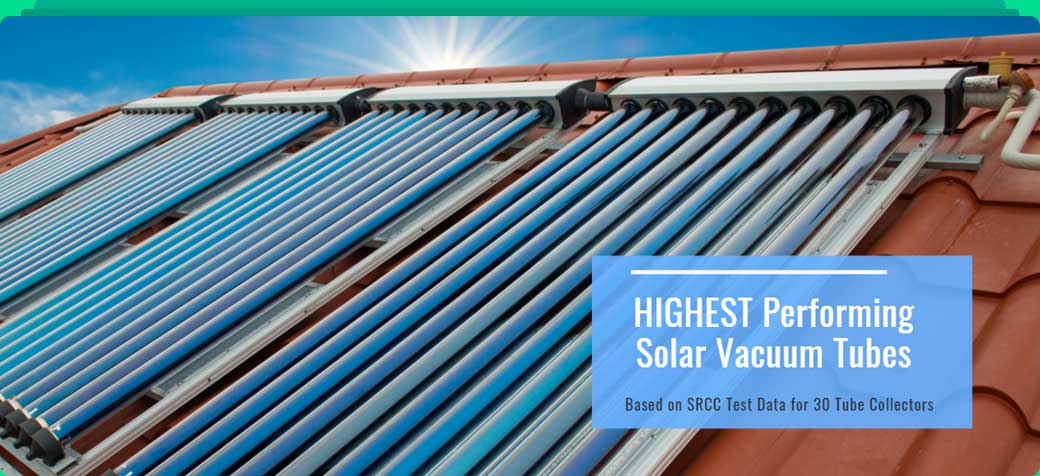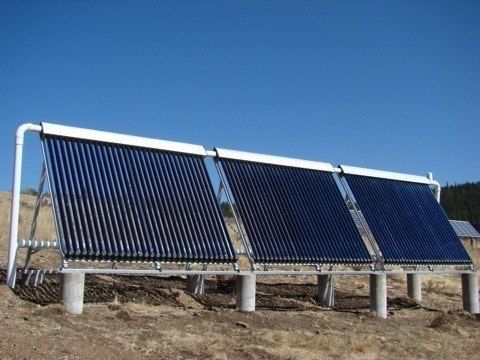Solar thermal systems heat water for domestic use with clean energy from the sun. If you’ve an unshaded area of your property that faces south, southeast, southwest, or even west, you can take advantage of a solar water heater. Listed below are 3 facts about solar water heating units.
Solar Water Heaters Employ Energy Collectors:
All solar-powered water heaters comprise collectors where tap water heats up. Your property, climate, and intended use of the hot water will be the deciding factor when it comes to choosing the best collector for your home.
The 3 main kinds of solar water heater collectors are:
- Flat-plate
- Integral collector-storage (ICS)
- Evacuated tube collectors
All 3 kinds of solar water heater collectors depend on water storage. Solar energy systems are either active or passive, irrespective of the collector type.
Active Solar Heating Units Employ Pumps:

In an active solar water heating unit, pumps move water or a heat-exchange fluid from the water storage area, through the collector, and back to the plumbing system of your home.
Heat exchange fluids are best if you dwell in a region with bitter winters. Propylene glycol goes up to the rooftop heat collector and then down through tubes in your hot water tank to heat the pump.
If you dwell in a region where freezing isn’t a problem, domestic water goes directly up to the collector and directly back down into a hot-water storage tank or your plumbing pipes. Some building codes need you to make use of a traditional water heater as a backup appliance & water storage unit.
Passive Solar Heater Systems Require No Pumps:
Passive systems are the simplest type of solar water heater units out there. No energy, electrical components, or additional solar panels are needed to run the unit.
A passive system depends on a big tank that sits on top of your roof. The sun heats the water directly, and the force of gravity sends the water down to your hot water storage. As with an active solar heater unit, local codes and regulations may need you to have a traditional water heater for auxiliary hot water.
Irrespective of the type of solar water heater you use, anticipate to save between 50 and 80% on the cost of heating your water. Your solar supplier can aid you calculate the actual operating expenses of your system, which will differ relying upon whether your auxiliary system employs electricity or gas to heat the water.


No comments:
Post a Comment